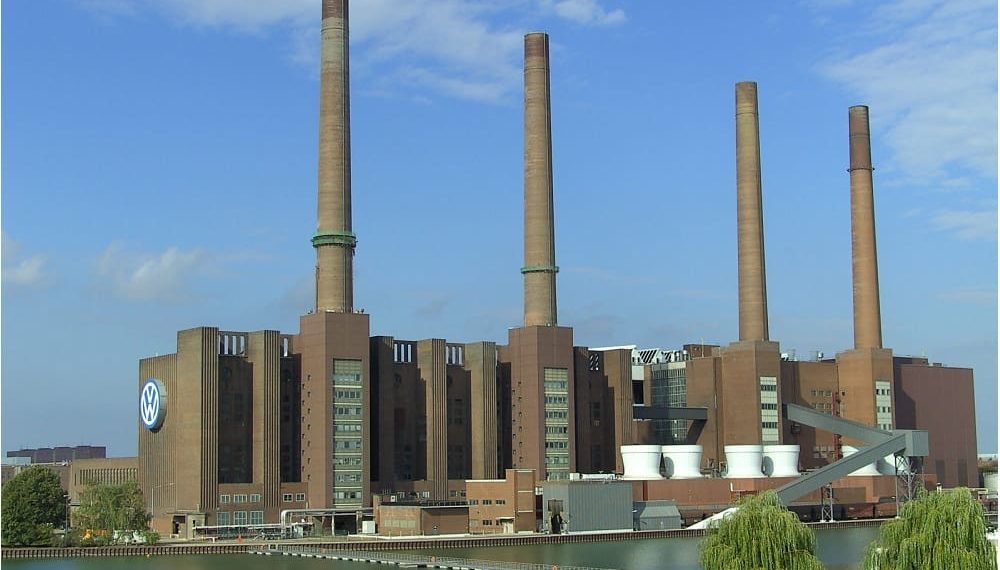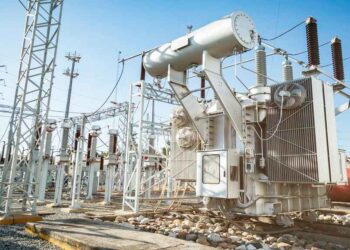Britain’s power industry lost 1.1 billion pounds ($1.4 billion) in the five months to August as reduced electricity demand and wholesale prices cut revenues for suppliers, generators and grid companies.
The drop in consumption meant that 3.4 million tons of carbon dioxide emissions weren’t pumped into the atmosphere, according to analysis by Hartree Solutions. That’s about 1% of the U.K.’s annual CO2 emissions in 2019.
Demand Destruction
Just under half of the income loss can be attributed to lower wholesale power prices with the rest down to lower earnings from transportation costs, renewable subsidies, network charges and balancing costs, Hartree said in the report.
The U.K. economy suffered more than any major European nation during the coronavirus lockdown because of its reliance on services and “social consumption,” such as eating out and shopping. The nation’s biggest power utilities from Centrica Plc to Drax Plc have reported reductions in income caused by the impact of the virus.
With August showing the power market almost back to pre-pandemic levels, attention now turns to the heating season during winter. “Here, several unknowns make for an uncertain outlook amid the threat of a second wave of the coronavirus,” said Adam Lewis, partner at Hartree Solutions. The return of schools in September could provide a boost to demand in the mornings, he said.
The earnings guidance of most utilities assumes no second wave, said Elchin Mammadov an analyst at Bloomberg Intelligence. If the second wave hits, “there is a risk of another downturn in power demand and prices, which hurt generators, particularly as negative prices become more frequent, and pre-hedged suppliers suffering losses from selling back surplus energy on the wholesale market at lower prices,” he said.
The power sector continues to face financial issues resulting from the pandemic, according to Energy U.K., which lobbies on behalf of more than 100 companies.
“Demand and power prices have started to recover now but it has underlined the volatility of the wholesale market, which not only affects some power plants’ ability to operate profitably but risks curtailing any future investment dependent on wholesale revenue,” said Matt Deitz, policy manager for power at trade group Energy U.K.







































